
Article by BR Natalie.
When you hit a certain age, your beauty priorities begin to shift. You begin to look for lotions and potions to tackle issues such as fine lines, pigmentation, wrinkles, dehydration and sagging skin. In other words - you begin to frequent the 'anti-ageing' section of the beauty aisle.
Now if there's one thing every woman will encounter on her quest to eternal youth (or at least eternally youthful skin), it's serum. And despite serums topping the age defying product lists, many of us are still unfamiliar with what they actually are and how they do these miraculous things they claim to do.
Here's everything we think you need to know about beauty serums
What is a serum?
Serums are a very thick topical application.with very high concentrations of active ingredients. It's more viscous than a liquid, but is certainly more runny than cream or lotion.
An active ingredient in any cosmetic is an ingredient that 'gets the job done'. So for example, in an anti-ageing product, the active ingredients are the key ingredients that have an altering effect on the skin - be it moisturising, firming or brightening. These are regulated by organisations such as the FDA. Inactive ingredients are things like preservatives, thickeners and emulsifiers.
This is why serums are more expensive - active ingredients are generally more pricy, and serums use a higher concentrate of them. On the other hand, due to the concentration of active ingredients and the omission of inactive ingredients, you need to use much less product, so it will last you longer.
Why do I need one?
There will come a point when your tried and tested skincare routine doesn't continue to meet your needs. Serums can tackle a variety of problems such as redness, dehydration, pigmentation, wrinkles, dark spots or dull skill.
If you feel your current products aren't producing the results you want, then you'll probably want to consider adding a serum to your routine - depending on the severity of the issue and your consistency of application, you can often see a noticeable difference after just a week or so of use.
So a serum isn't a replacement for my moisturiser? How do they work?
NO! For some reason many people think moisturisers and serums are interchangeable. This is not the case.
Moisturisers work by creating a protective barrier between the skin and the environment around it. This barrier keeps skin hydrated. Moisturisers are constructed of large molecules - these permeate only the top layer of skin.
Serums penetrate all three layers of the skin, meaning they deliver a higher concentrate of key ingredients, deeper than moisturisers. Now serums do add a limited amount of moisture - but this is more a by-effect of a serum's true purpose.
Are serums for everyone?
If you have have a skin condition like eczema, the skin barrier is weakened. Serums can be absorbed too quickly because of this and cause irritation.
If in doubt about any product, book in to a skin clinic for advice or do a test patch first.
Where does a serum fit in to my skincare routine?
Cleanse, tone, moisturise. We say that a lot around here! So you might be confused as to where serum fits into your skin care routine.
Cleanse and tone (or just cleanse) as usual and apply the serum while your skin is stil damp. If your skin is still damp it will lock in as much moisture as possible. Don't forget to include your neck and upper chest in your skincare routine!
Depending on the viscosity of a serum you don't need to use much - a 10 cent coin is a good size to keep in mind. Don't fall in to the trap of thinking the more you use the more it will benefit you - your skin can only absorb so much product - any more is just a waste!
Leave the serum to fully absorb and moisturise as usual.
So - Cleanser, Toner, Serum and Moisturiser!
What are some common ingredients in anti-ageing serums?
Retinol is the ultimate multi tasker. It's a derivative of Vitamin A and when it's used on the skin it changes to retinoic acid and that stimulates the production of healthy skin cells. It boosts circulation by increasing blood-vessel formation, so skin looks healthier, it can also lighten dark spots AND stimulate the production of hyaluronic acid, which preserves collagen, and firms and tightens skin.
Retinol works best in the dark and actually enhances sun damage, so if you do use a product with retinol during the day, you need to be judicious about using SPF and reapplying.
DNA Repair Ingredients are commonly derived from plankton or rose myrtle extract. They can reverse sun damage and have properties that stimulate collagen. Collagen is a protein that keeps your skin's elasticity, it also depletes with age. So stimulating it is a great way to stay young looking!
Peptides are sneaky little ingredients! They trick the skin into thinking it's not making collagen - so it produces even more. And the effects continue after you stop using it!
Hyaluronic Acid is a natural compound - Hyaluronic Acid is something we are born with in our bodies and it decreases with age. It's probably one of the reasons babies skin is so hydrated, soft and smooth! Hyaluronic Acid is found in our joints, muscles and in our skin - it's kind of the CRC of the body - without it we'd become brittle and dry.
It's a 'dermal filler', because it absorbs lots of moisture and fills in wrinkles. It preserves collagen, which in turn firms and plumps up the skin.
Glycolic Acid exfoliates dead skin cells leaving skin looking healthy. It's one of the alpha hydroxy acids which smooth fine lines, help fade blotches, and allows other anti-aging ingredients to penetrate faster and work more effectively. It also encourages an increase in collagen production. But here's the catch - the effects only last as long as you continue to use it!
Antioxidants hunt for free radicals in the cells and politely escort them out of the body before they can cause damage to cell membranes. Free radicals accumulate in body tissues and blood as a result of pollution, UV light and smoking. They are also a natural 'by-product' of our metabolism.
Vitamin C protects against free radical damage. By boosting your antioxidant defense you can repair and protect from future free radical damage. Vitamin C is also needed for cell growth and collagen production. And unlike B vitamins, it's actually absorbed by your skin.
Coenzyme Q10 is also known as CoQ10. It has the ability to improve energy production in cells, and act as an antioxidant.
Caffeine is incredibly effective at temporarily reducing puffiness - it's fantastic for under eye bags - but just like your cup of coffee, the perks last only so long!
Where do I start?
Alright, we've thrown a lot at you. So if you've never used a serum before and asre looking for something easy to start with; this is the one I'm recommending.

L'Oreal Paris Revitalift Clinical Vitamin C Serum - rated 4.2/5
It's a perfect all-rounder, easy to apply and is suitable for all skin types, including sensitive. It reviewed amazingly well when we sent it out for review earlier this year and I love it so much I'm on my third bottle!
So there you have it - the Beauty Review guide to serums. Over to you - do you regularly use a serum or have you never been convinced to? Get chatting below!



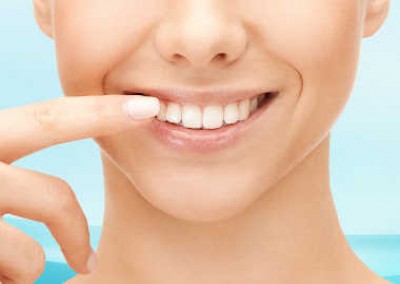


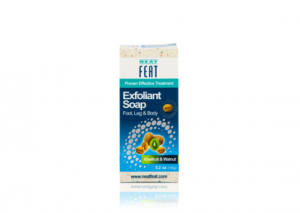
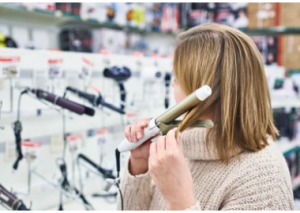
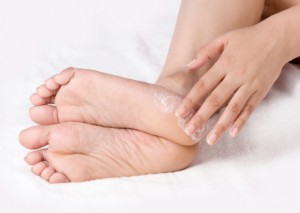
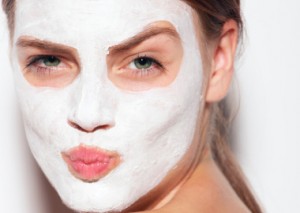


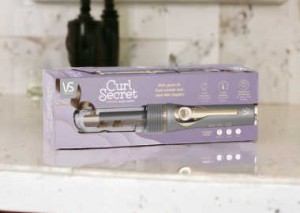

I love serums. I love oils. I have this serum from the BBBE but haven't tried it yet as I have too many things already open.